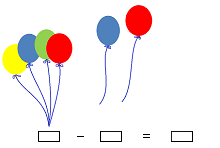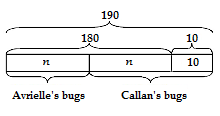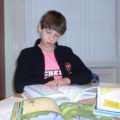Time for “serious” maths
Primary school children do too much memorising and not enough reasoning and problems solving…
Several years ago I came across the book ‘The Mathematics Pre-Service Teachers Need to Know’ by James Milgram, a professor from Stanford University. Milgram argues that primary school children should be taught “serious” maths; that is maths which focuses on abstract reasoning and an ability to solve problems.
Milgram believes that the prevailing method of teaching mathematics in primary schools involves too much ‘memorising’ and too little emphasis on the underlying concepts and principles. Simple memorising exercises often lead to children forgetting the material relatively quickly again. Very few children easily grasp the idea that there are a small number of underlying general principles that explain virtually everything in the subject. So focusing on concepts appears an appealing alternative.
The best approaches to teaching maths at primary school, Milgram argues, level are the ‘Russian’ and the ‘Singapore’ methods. Both approaches use familiar day-to-day situations to illustrate concepts and use pictures and drawings.  Both methods heavily emphasise general problem solving and for that they introduce the idea of ‘variables’ from a very early age.
Both methods heavily emphasise general problem solving and for that they introduce the idea of ‘variables’ from a very early age.
The drawing on the left that illustrates the ‘Russian’ method is an example of a problem for very young children who cannot yet read and just started learning to count. It gently introduces your child to the concept of ‘subtraction’ by asking them to tell a story about balloons.
Another example is of a problem for children who are 9 years old, used in Singapore primary school mathematics. The drawing below is called bar  modelling.
modelling.
Callan and Avrielle collected a total of 190 bugs for a science project. Callan collected 10 more bugs than Avrielle. How many bugs did Callan collect?
The teaching of ‘Singapore’ and ‘Russian’ maths is on the increase, especially across the US. In the UK these methods are followed only by a few independent schools at the moment. But that might change in a few years’ time as the UK Department for Education recently initiated a pilot program in London called ‘Mathematics Mastery’ whose aim is to incorporate elements of the ‘Singapore’ method into the national curriculum.
Oksana lives in Didsbury, Manchester, has two children and holds a PhD from Manchester University.







